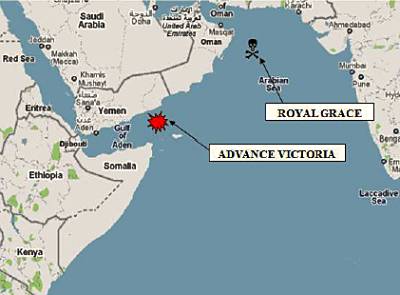BAMYAN, Afghanistan — New students entering the Afghan National Police Noncommissioned Officer Course at Bamyan Regional Training Center experienced the biometrics record system firsthand.
Fifty-four Afghans aspiring to join the Afghan National Police go through in processing at the beginning of their 16-week course.
“The in processing serves two purposes. One is to build personnel databases, and two is to be aware of who is joining the Afghan security forces,” said Staff Sgt. Luis Badillo, Bamyan Regional Training Center advisor.
A six-man team takes the students’ personal information, fingerprints and more as part of a two-day in processing event.
“We take their information, collect biometrics and then they get a physical exam by our doctor,” said Zabin, in-processing team lead. “Usually we do this activity with 12 people but we are making it work with only six.”
Zabin’s team in processed five to six students an hour each day. The students moved through five different stations. At the first station the student’s basic information is recorded. The second station takes their picture for an identification card while the third and fourth stations are used to collect biometrics. The fifth station is the medical exam.
The medical exam consists of six immunizations, an eye exam and a physical exam.
“I give the students (shots to prevent) typhoid, meningitis, polio, MMR, Hepatitis B and D/T,” said Adman, the team’s doctor. “I also give the students a physical exam to make sure they are healthy enough to go through the course.”
The first day the team collected urine samples for drug screening.
“We test for meth(amphetamine), cocaine, THC and opiates,” said Zabin. “If any student tests positive we notify the site commander right away.”
The information collected from the in-processing team will be used to keep track of the students during their stay at the training center. The information is also readily available if something was to happen to one of the students.
“It is important to get this information from the students to know if their background and history,” said one of the Afghan training instructors. “We must know who is joining the ANP.”
The Afghan people must be able to trust their law enforcement personnel. Obtaining biometrics on individuals who want to join is a modern way of eliminating untrustworthy applicants.
Source:
U.S. Army

 von
von 
